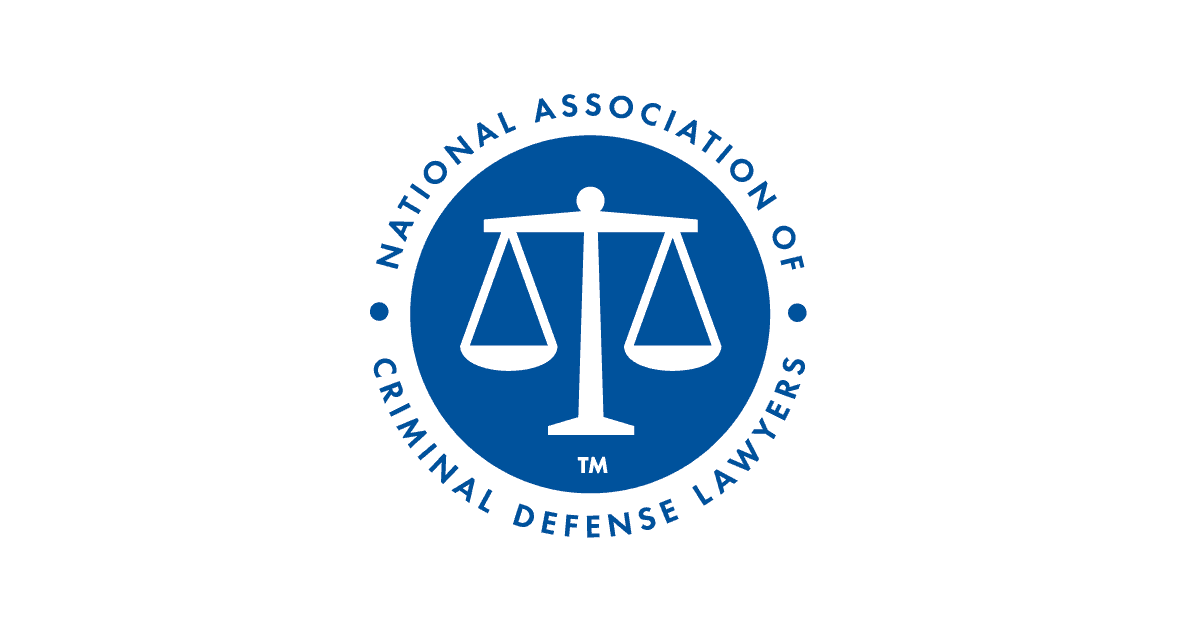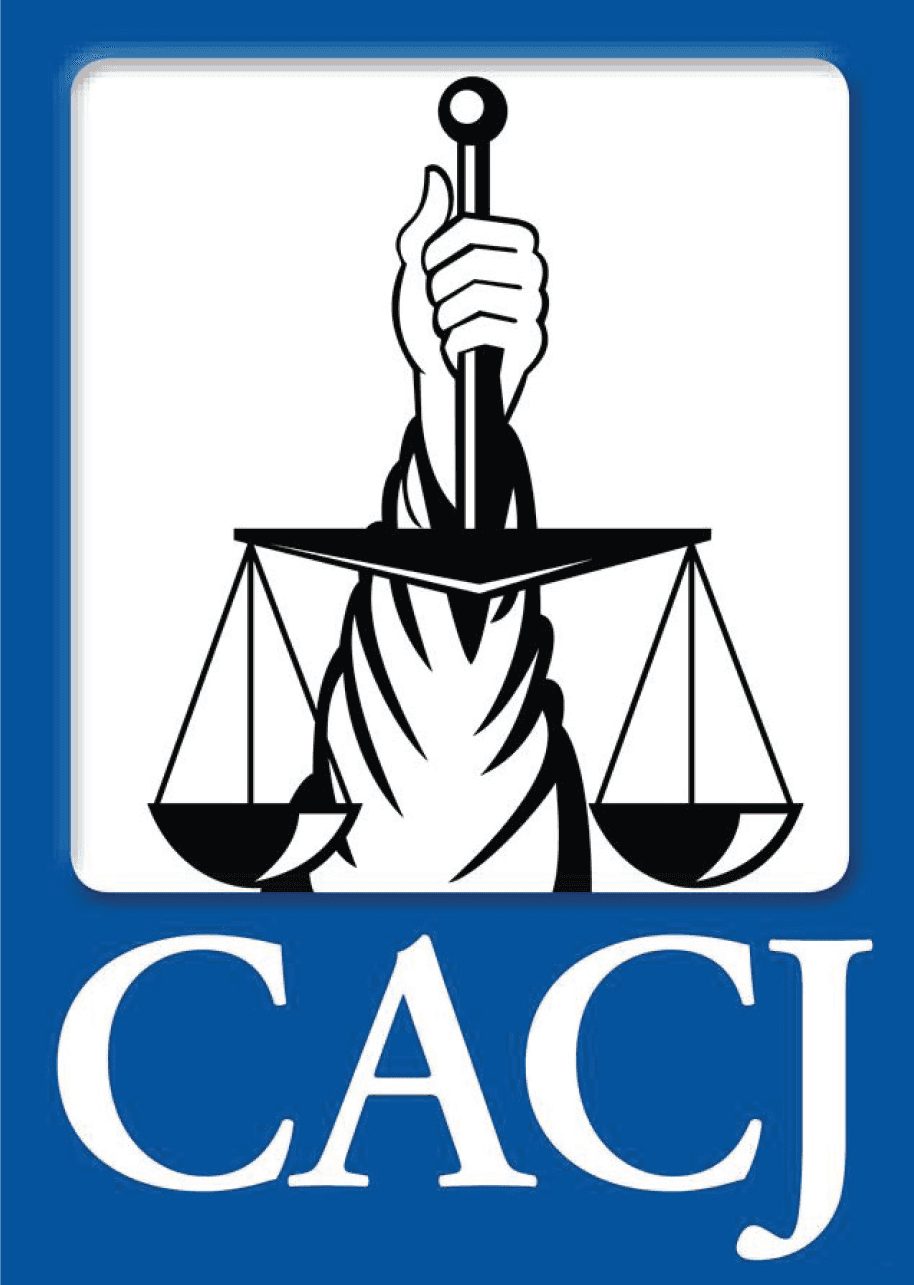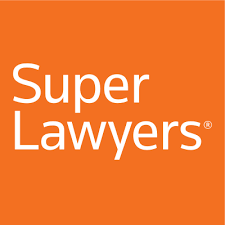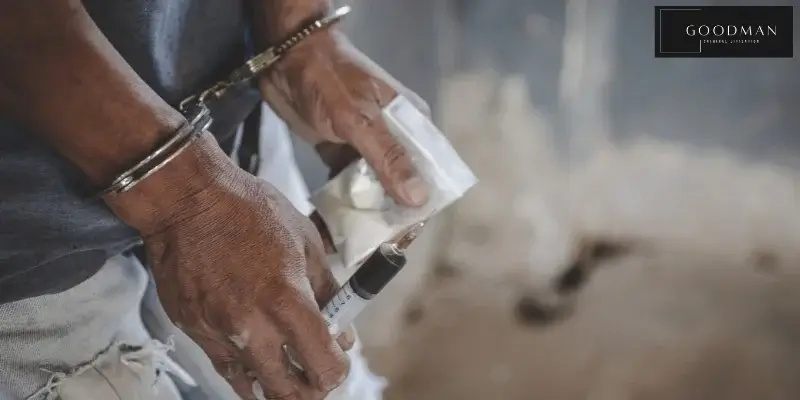If you are caught in the possession of a controlled substance, you can be charged with a crime even if you have not taken the drug. However, you will not necessarily go to jail. You might be able to avoid jail by paying fines, entering treatment for drug addiction, or going through drug rehabilitation.
Orange County Drug Crime Lawyer
Drug Crime Attorney In Orange County, CA
Effective drug crime defense in California requires extensive experience with the state’s drug laws. At The Law Offices of Jacqueline Goodman, you can work with an attorney with a reputation for success and a long history of challenging the prosecution in high-stakes cases, including drug crimes.
Attorney Jacqueline Goodman can take a detailed approach to reviewing the evidence against you to protect your rights and help you avoid the serious consequences of a conviction. She knows a solid defense involves a great deal of work, like filing motions before the court and investigating sources of alleged evidence, but she never backs down from a case when things get complicated.
Jacqueline Goodman is an experienced Orange County drug crime lawyer who is not intimidated by the courtroom. She has an exceptional reputation for moving her cases towards the best outcome possible instead of accepting the first plea bargain offered by the prosecution. You can rest assured that your best interests are always the immediate and center focus when she is on the case.
Reasons to choose Attorney Jacqueline Goodman in Orange County for your counsel:
- Recipient of a 10.0 Superb AVVO rating
- Backed by more than 20 years of experience
- Admitted to argue cases before the U.S. Supreme Court
- Permanently named on the Wall of Recognition at the National Constitution Center
Renowned Success Rate
Criminal cases are often complicated. There are two sides to every story, and it is important that the court sees the situation clearly. We can help defend you in your criminal case and make sure your perspective is heard.









TYPES OF DRUG OFFENSES
A drug crime refers to any criminal offense related to the cultivation, possession, distribution, trafficking, selling or abuse of controlled substances or illegal drugs. These offenses are typically outlined in state and federal drug laws, and penalties can vary depending on factors such as the type and quantity of drugs involved, the intent of the individual, and whether the offense is a first-time or repeat occurrence.
In California, common types of drug crimes include:
- Possession of Controlled Substances: It is illegal to possess drugs classified as controlled substances without a valid prescription. This offense can be charged as a misdemeanor or felony depending on the type and quantity of the substance.
- Possession for Sale: If someone is found with a significant quantity of drugs and there is evidence to suggest an intent to sell, they may be charged with possession for sale. The penalties for this offense are more severe than simple possession.
- Drug Manufacturing: Manufacturing drugs, such as methamphetamine or ecstasy, is a felony in California. This includes producing, synthesizing, or cultivating controlled substances.
- Prescription Drug Fraud: Illegally obtaining or distributing prescription drugs, such as through forged prescriptions or doctor shopping, is considered prescription drug fraud.
- Drug Distribution in or Near Schools: California law imposes harsher penalties for drug offenses that occur in or near school zones, aiming to protect children from exposure to illegal substances.
- Possession of Drug Paraphernalia: Possessing items used for drug use or distribution, such as pipes or syringes, can lead to charges of possession of drug paraphernalia.
- Conspiracy to Commit Drug Crimes: Planning or conspiring with others to commit drug-related offenses can result in conspiracy charges, even if the actual crime does not occur.
- Under the Influence of a Controlled Substance: Being under the influence of drugs in public is also a crime in California, even if there is no evidence of possession.
Common Legal Defenses Against Drug Charges in California
A legal defense is a strategy or argument presented by the accused in response to criminal charges, aiming to challenge or negate the prosecution’s case. Legal defenses can be used to show that the defendant should not be held criminally responsible for the alleged conduct. In drug crime cases, various defenses may be employed depending on the circumstances.
Here are some common types of defenses to drug crimes:
- Lack of Probable Cause: If law enforcement did not have a valid reason (probable cause) to search or arrest the defendant, evidence obtained during an illegal search may be suppressed. This can weaken the prosecution’s case.
- Illegal Search and Seizure: The Fourth Amendment protects individuals from unreasonable searches and seizures. If evidence is obtained through an unlawful search or seizure, it may be deemed inadmissible in court.
- Insufficient Evidence: A defense attorney may argue that the prosecution lacks sufficient evidence to prove the defendant’s guilt beyond a reasonable doubt. This could involve challenging the credibility of witnesses or the reliability of laboratory results.
- Violation of Miranda Rights: If law enforcement fails to inform the defendant of their Miranda rights (the right to remain silent, the right to an attorney, etc.) during the arrest or interrogation, statements made by the defendant may be excluded from trial.
- Entrapment: If the defendant can show that law enforcement induced them to commit a crime they would not have otherwise committed, it may be considered entrapment, which could be a valid defense.
- Medical Necessity: In some cases, defendants may argue that their drug use was medically necessary, especially when it comes to the use of controlled substances for medicinal purposes. This defense is more common in states with medical marijuana laws.
- Prescription Validity: If the accused had a valid prescription for the controlled substance, it may serve as a defense against charges of possession or distribution. However, misuse or fraudulent prescriptions may negate this defense.
- Chain of Custody Issues: Ensuring the integrity of evidence is crucial. If there are issues with the chain of custody (how evidence was handled and stored), it may be possible to challenge the reliability of the evidence presented by the prosecution.
- Crime Lab Errors: Mistakes or errors in the testing process conducted by crime labs can be grounds for challenging the reliability of drug test results.
- Duress or Coercion: If the defendant can demonstrate that they committed the crime under duress or coercion, where they were forced to engage in illegal activities against their will, it may serve as a defense.
Attorney Jacqueline Goodman understands the complexities of drug-related charges and the importance of crafting a strong defense tailored to your unique case. She is dedicated to meticulously examining the details of your situation, from challenging the legality of searches to evaluating the reliability of evidence. She works closely with you to uncover the facts, explore potential defenses, and navigate the legal landscape with precision. Trust in her commitment to providing you with strategic legal guidance and advocacy, as she strives to secure the best possible outcome for your drug case.
Thank you, Jacqueline Goodman!! I appreciate everything your law office has done to support in this case. Grateful for finally able to see a date, he will be able to return home.
- Anonymous
If you value your life, reputation and your future you must hire Atty Jacqueline Goodman. Just when i thought i had no options but to go to jail and get a conviction, Atty Goodman showed me otherwise and gave me a second chance and got me diversion with no conviction; she gave me my life back. She will fight for…
- Jmario S.
It is with tremendous thanks and a grateful heart that we let you know how much we appreciated your expertise, advice and phone calls on [client's name] behalf. You are a person of service and dedication.
- Former client’s parents
I don't know where to start. Honestly, I don't think I could possibly write anything that would come close to describing Mrs. Goodman's Skill as a Lawyer , she truly is remarkable at what she does. Do yourself a favor, if your in a bind, and are looking for a well respected lawyer that can produce results.... Call Jacqueline! I…
- Sharif A.
Ms Goodman and her staff were beyond helpful. I was in an extremely difficult situation that I hadn’t been in before and needed help. I was referred to Jackie and her office who were extremely helpful. Jackie and her team were extremely empathetic and knowledgeable. They were quick to respond, took action, and kept me informed. Thank you Ms Goodman…
- Nick K.
Ms.Goodman has been an amazing and thorough lawyer representing my family. She has shown up to each court date, being prepared and ready to speak to the judge. She has been a great communicator with my family and kept us informed along the way. She is authentic, and will go the long mile on your case. Choose her to represent…
- Elizabeth E.
I needed an appointment with Ms. Jacqueline Goodman and it was urgent. The best part was that she called me back immediately and I did not have to drive an hour to see her. The first meeting is free and she spoke with me for a lengthy time and she made me feel like for the first time in seeking…
- Mary P.
Ms Goodman was excellent an very professional. She took the time to understand our concerns an worries. I had 2 really bad cases facing 10+ years for trafficking, sales, an distribution between the both ... she was able to get me the best deal an walked away with probation an a new look at life. I will always recommend her…
- Joe G.
Ms. Goodman and her team is by far the best in Southern California. I literally had zero hope of getting anything but prison time on my current case and Ms. Goodman somehow got me an interview for probation. I can say it hasn’t been easy and she’s been doing a lot out of love more than any other attorney would…
- Former Client
The court was offering 9 years for 459pc. After retaining her I got the deal I wanted and even better I was free after serving just 2 years. She's an amazing attorney that you can count on.
- Aliya J.
I can't even begin to express how amazing Jacqueline was when I worked with her for a close friend's case. She was always a quick text away, and when we worried she was the vote of confidence we needed to keep going. Her office staff was also SO easy to work with. Her closing statement moved me, the family, and…
- Caleigha C.
Best lawyer! Jacqueline Goodman is an amazing lawyer, she knows her law well. She helped my brother out of a messy situation and she was always easy to contact and gave me all the information that came her way.
- Rosie C.
Jacqueline, was very professional, and knowledgeable. She listened closely, as we discussed my case. I could tell She truly cared about me. I was very pleased the outcome, and would strongly recommend Her. Honest, hard working, and compassion, would describe, Jacquie.
- Dorian C.
Ms. Jacqueline Goodman was a beacon of hope to my daughter at a time when options and hope seemed limited. Her hard work and dedication was an outcome of Excellence. Ms. Goodman’s attention to detail and knowledge of laws are truly unsurpassed. Thank you.
- Ralph S.
Jacqueline is the best! If any of my friends or family found themselves in a situation where they needed a Criminal Defense attorney I would highly recommend her. She and her staff are extremely professional and they know their stuff. I can't say enough good things!
- Travis H.
She was carring and attentive, always up front with information. She truly cares about her clients and works diligently to achieve the best possible outcome. My family and I truly admire and respect this amazing and talented lawyer. She is definitely someone you can count on for the best advice and outcome.
- Chip E.
Great attorney to work with. She's a boss and has some serious attorney swagger. When I walked into the court room with her, everybody stopped and starred. I felt like I was getting represented by a superstar attorney. She'll run circles around any DA.
- Marcus W.
ABOUT CALIFORNIA PROPOSITION 36
Much like PC 1000, Prop 36 is a legal tool that allows a defendant to escape incarceration on specified drug offenses, participate in treatment and rehabilitation, and, upon successful completion, obtain the dismissal of the case. Prop 36 is less advantageous to the defendant in a legal sense, but the treatment is more tailored to the needs of the defendant, and inpatient treatment is available. If you think utilizing Prop 36 could be a good resolution to your drug crimes case, let Attorney Goodman know. Likewise, she will let you know if that seems like a positive choice.
FIGHTING FORFEITURE PROCEEDINGS
Any drug crime case can become complicated by or center on forfeiture proceedings and how the state carried them out. You may be forced to forfeit what the government perceives as ill-gotten possessions as your drug crime case develops, or right at the beginning of it. Even if there is no substantial evidence to validate the forfeiture of your property, it can still happen.
Possessions often seized in a drug crime case include:
- Automobiles
- Homes
- Cash
- Expensive luxury items
DRUG CRIME LAWS FAQ'S
Orange County, CA

THE LAW OFFICE OF JACQUELINE GOODMAN
drug crime legal counsel
Taking the case to trial is not always in the defendant’s best interest, and if the prosecution does not dismiss your case, a plea agreement may be negotiated. Attorney Goodman has a record of being able to negotiate alternatives to jail such as rehabilitation and counseling for drug crime defense clients in Fullerton and throughout Orange County. For certain specified drug offenses, a defendant may be eligible to participate in a DEJ (PC 1000) program, in which criminal proceedings are suspended for a prescribed time on the condition that the defendant completes an outpatient drug treatment program. Upon completion of the program, the case is dismissed.
If you’ve been charged with a drug offense or with a crime relating to California’s medical marijuana dispensary laws, contact Orange County drug crime defense Attorney Jacqueline Goodman right away. With her knowledge gained as a Certified Specialist in Criminal Law, she is more prepared to take your case than most criminal defense attorneys in the country can claim. After all, you deserve a fighter in your corner because sometimes bad things happen to good people, but they still deserve the right to defend themselves.
Attorney Goodman is dedicated to protecting her clients’ rights to privacy and private possessions. If your property has been wrongfully forfeited by local or federal law enforcement, let her know right away by dialing 714-879-5770


